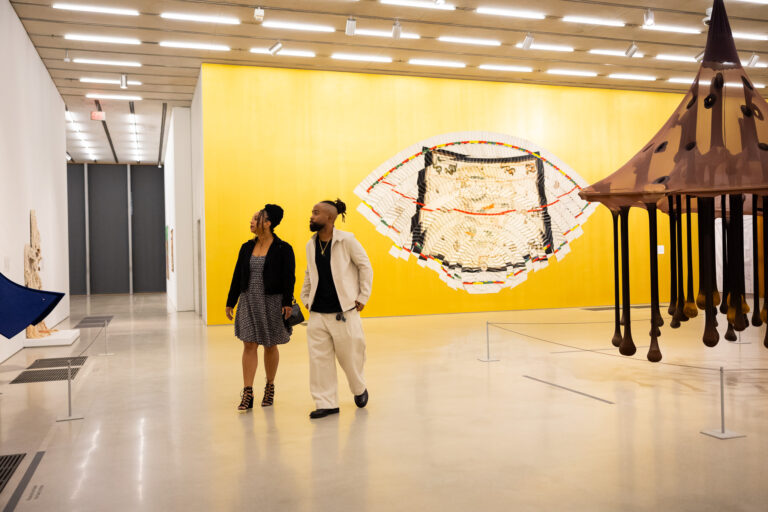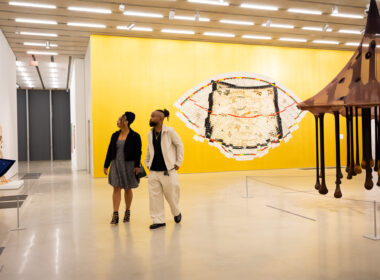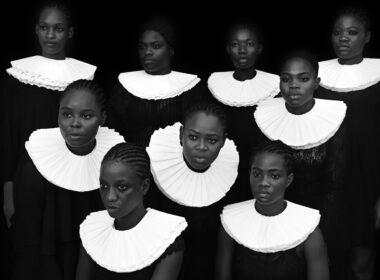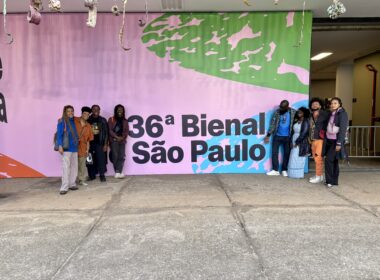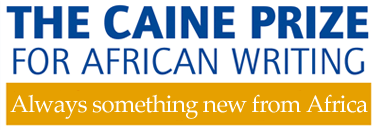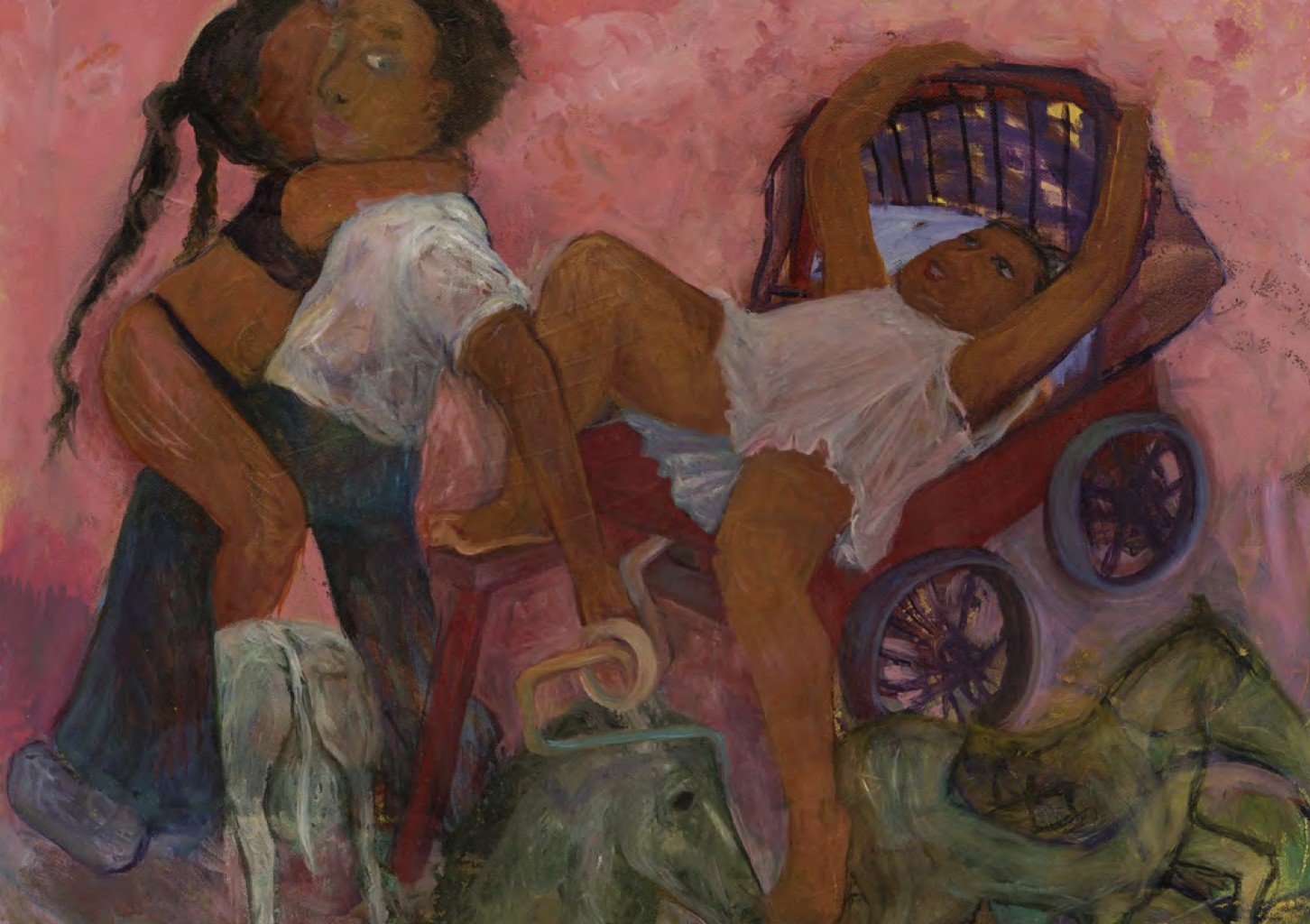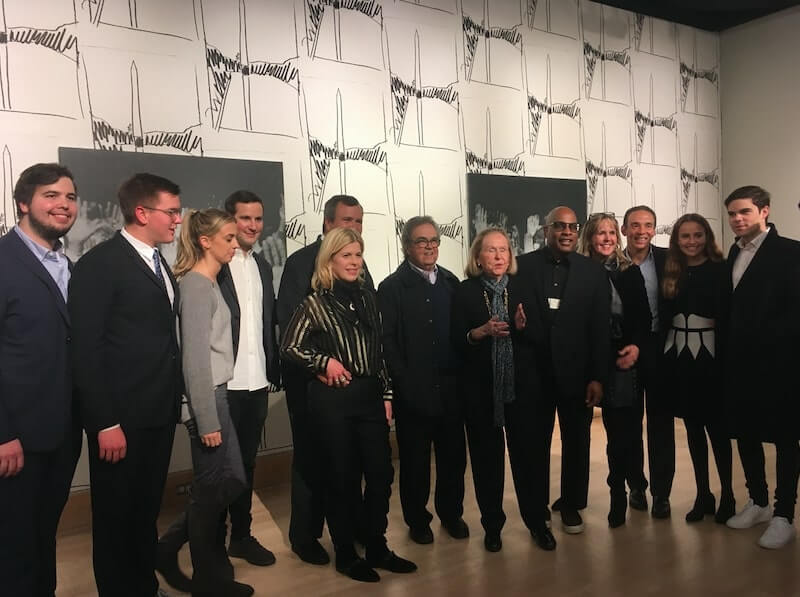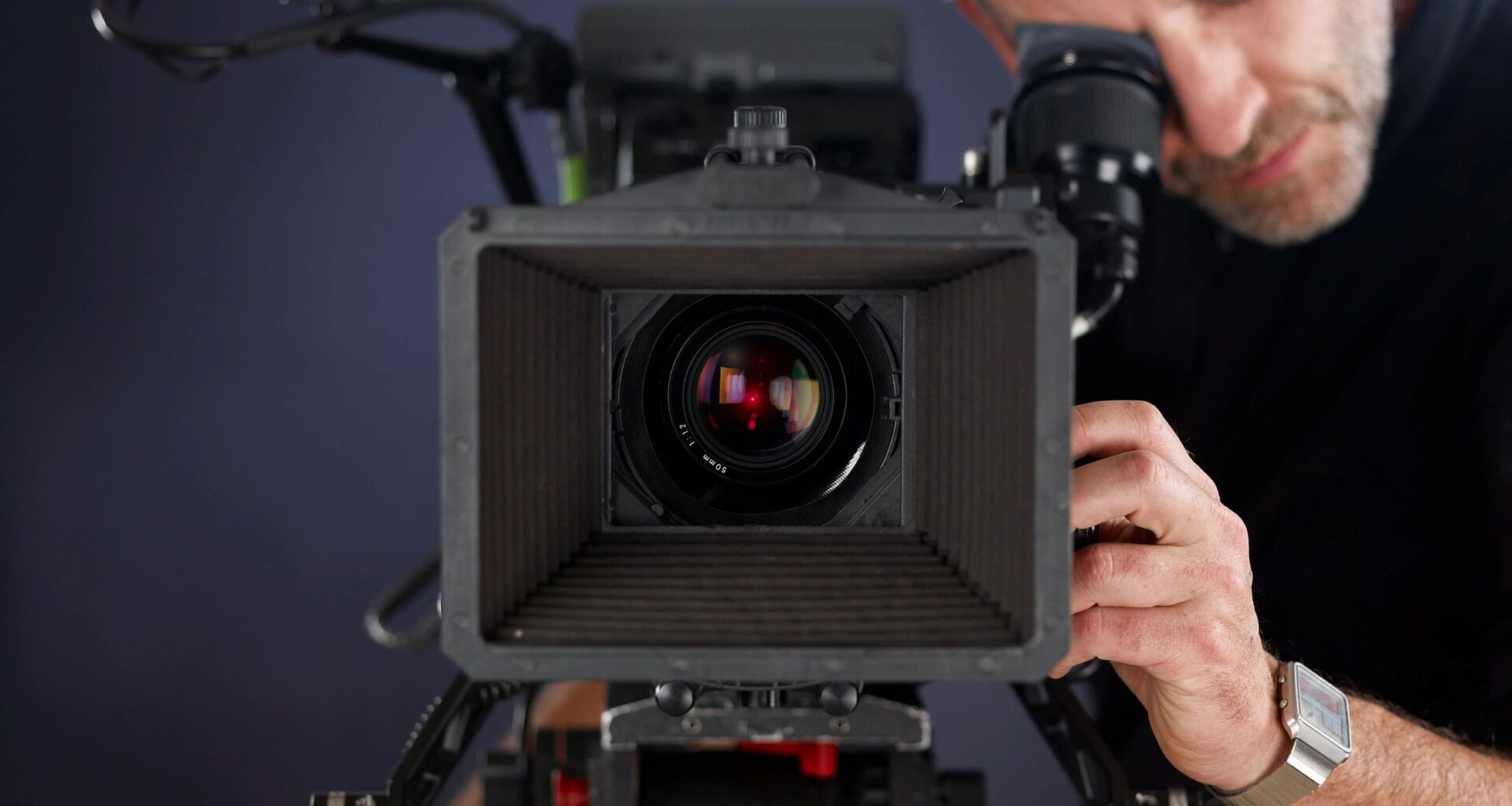Above: Auttrianna Ward | We, too, sing San Francisco, (2024) | digital collage featuring curator and filmmaker Ward at 18 years old in the Western Addition and her great uncle Adam Rogers, an activist in Bayview Hunters Point in the 60s.
ZEAL, the international, Black worker-owned creative arts and social impact studio alliance, announced today the presentation of a new public art initiative, The Remedy is Solidarity: A Global Multimedia Anthology on Reparations – Volume 1.1: Too Much Like Right, in support of the African American Reparations Advisory Committee in San Francisco, whose 2022 reparations plan is the first of its kind in the U.S.
Curated by fourth-generation San Francisco native Auttrianna Ward, the exhibition that asks San Francisco if it is willing to do what is just or if that would be “too much like right,” forms the second volume in California in a global multimedia anthology produced by ZEAL’s Co-founder and Principal – Cultural Design, Allen Kwabena Frimpong. It aims to spark vital dialogue about reparations in San Francisco and more broadly to build community wealth across the African diaspora. Ward and Frimpong have formed a cultural partnership with the Museum of the African Diaspora (MoAD), establishing Volume 1.1: Too Much Like Right as part of the museum’s fall celebration of Black visual culture in the Bay Area titled Nexus: SF/Bay Area Black Art Week.
Monetta White, Executive Director and CEO of The Museum Of The African Diaspora (MoAD) said, “We are thrilled to feature Volume 1.1: Too Much Like Right as a key element of Nexus: SF/Bay Area Black Art Week. This public art project powerfully addresses the critical call for reparations and social justice. By shining a light on histories and stories that have long been marginalized, this initiative resonates deeply with our mission to honor and preserve the contributions of the African Diaspora, inspire meaningful change, and elevate the Black art landscape in San Francisco and beyond.”
This public art project, which aims to explore and generate new dialogue around the history, displacement, trauma, and celebration of San Francisco’s Black community is deeply personal for Ward, a descendant of the renowned Rogers family of activists, leaders, and artists who settled in the Fillmore and Bayview Hunters Point Districts during the Great Migration. Curated by Ward with Malik Seneferu, a celebrated artist, activist, and San Francisco native serving as the Community Archivist in Residence, the project centers around Ward’s experimental short film titled Too Much Like Right and a series of public programs including an exhibition of women artists Taína Cruz, Cheryl Derricotte, and Hannah Waiters that explores materiality as a means of connecting and highlighting the exclusion of Black figures in San Francisco historiography, a cultural summit and panel discussions, screenings and outdoor projections, and a family healing day.
Directed by Ward and co-produced by Seneferu, and Frimpong, the short film is a powerful, evocative, visual collage that weaves together archival footage and sound, family interviews and narration, aiming to both demystify and illuminate the movement for reparations in San Francisco. Through the lens of personal and historical narratives, and the inclusion of figures such as Elouise Westbrook and Ruth Williams, the work unveils the multigenerational impact of systemic injustices faced by Black families in the city and the pivotal role of Black women within the civil rights and current reparations movements, as well as throughout San Francisco’s Black history and culture.
For Ward, the process of making this short film has allowed her to work with family on healing wounds while also expressing the greater global and local need for reparations. Ward shared, “This is a story many Black natives know, but it is not part of the story told about San Francisco, either nationally or globally.” She emphasizes the importance of solidarity in the quest for reparations, noting, “The remedy is solidarity, and the remedy isn’t linear. I work to create spaces for us to move forward and exist collectively.” Quoting author and activist James Baldwin, Ward reminds us, “Hunters Point is the San Francisco America pretends doesn’t exist.” The history and memory of Black San Franciscans have been marginalized, yet they are an integral part of the city’s story, as echoed in Ward’s poem for the project titled Ode to Langston, “I, too, sing San Francisco, I am the darker sister…”
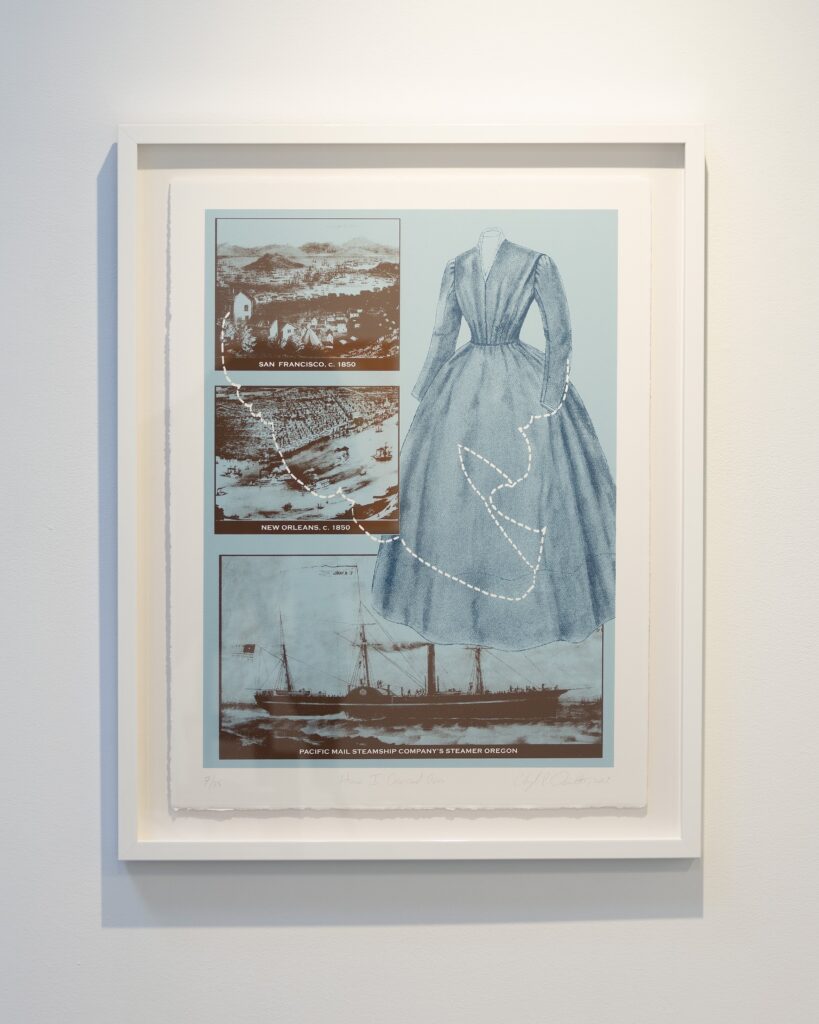
Cheryl Derricotte, How I Crossed Over (2021)
Frimpong, ZEAL Co-founder and Principal – Cultural Design and the executive producer for the anthology, adds, “Volume 1.1: Too Much Like Right invites the people of San Francisco to reflect deeply on the narratives that have shaped this city and the possibilities for transitional justice that lie ahead. Our commitment at ZEAL is to create spaces for healing where the voices of our communities can be heard through art and culture. This multimedia anthology is an evolution of our previous project hosted during Miami Art Week titled “Who Owns Black Art?” Auttrianna Ward has combined her personal experience and the deep-rooted connection of Malik Seneferu to the Bay Area community to bring authenticity and depth to the ongoing dialogue about reparations. This initiative not only honors the history and legacy of Black San Franciscans but also challenges us to envision a future where justice and equity are realized.”
Volume 1.1: Too Much Like Right will take place at a moment when San Francisco’s Reparations Task Force has shared its final report and recommendations to the Mayor’s office and City Hall. This municipal task force joins several other municipalities in the state taking statewide resolutions to the Capitol for potential reparations to descendants of enslaved African people and those impacted by the legacy of chattel slavery in the U.S.
As part of the program, youth from the Alice Griffith public housing redevelopment project in Bayview will create collages to be projected on Hunters Point Shipyard.
A Family Healing Day at Adam Rogers Park will close the project with a conversation about reparations in the context of the film Pathologizing the Black Family produced by Dr. Cheryl Grills, who was appointed to the California Reparations Task Force, is Professor of Psychology at Loyola Marymount University and former national President of The Association of Black Psychologists. “I am honored to participate in this public art project curated by Auttrianna Ward and presented by ZEAL,” said Grills. “Volume 1.1: Too Much Like Right serves as a powerful and accessible illustration of the complex histories and ongoing struggles that shape the lives of Black San Franciscans and their quest for reparations. As we navigate the political and social challenges ahead, it is crucial that we amplify these narratives. By bringing together art and activism, Ward shines a light on how we can all shape the future of justice.”
Volume 1.1: Too Much Like Right in San Francisco is part of ZEAL’s anthology of exhibitions, zines, and soundscapes. The Remedy is Solidarity is supported by the Silicon Valley Community Foundation’s California Black Freedom Fund, The San Francisco Foundation, Amalgamated Bank’s Liberated Capital, and The Nathan Cummings Foundation. Volume 1.0: In a State of California Love, War, Dreams, and Reality will also include forthcoming public art projects in Santa Monica, Allensworth, and Los Angeles, including Volume 1.2: Just Leisure – A Processional for Black Santa Monica, curated by April Banks and Robbie Jones that takes place on September 27, 2024.
